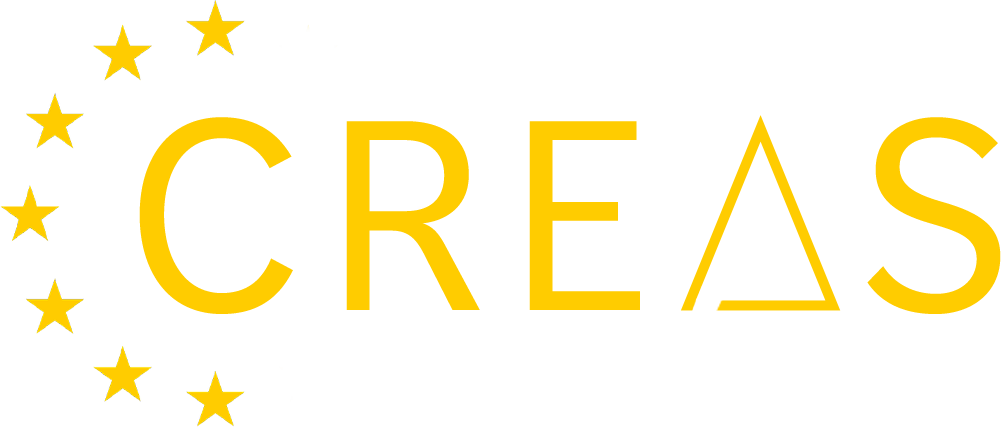By CREAS Board
From 2028 onwards, the European Union will operate under a new Multiannual Financial Framework (MFF), which will define the EU’s political priorities and funding allocations for the following seven years. On the 16th of July 2025, the European Commission presented its proposal for the upcoming MFF, setting the course for how it believes a record-breaking nearly €2 trillion in public investment should be distributed.
As a European student association, we at CREAS recognize the significance of this proposal. This is not just a financial blueprint, but a clear statement of the Union’s priorities for the coming decade. We welcome the Commission’s focus on strengthening education, research, and youth mobility, but we also believe that the proposal, in its current form, requires changes to fully meet the expectations and needs of Europe’s students.
We strongly commend the proposed increased funding for both Horizon Europe and Erasmus+, which reflects a recognition of the essential role education, research, and mobility play in Europe’s future. Doubling the Horizon Europe budget is a good investment in the European Union’s innovation capacity, while boosting Erasmus+ provides more young people with opportunities to study, train, and grow beyond borders. We are also encouraged to see affordable student housing included as part of the EU’s broader social infrastructure goals. This addresses a growing barrier to access for many students.
Yet while these headline figures are encouraging, we urge caution against mistaking them for sufficient action.
Despite the 50% budget increase for Erasmus+, this expansion falls short of what is required. When adjusted for inflation, rising participation rates, and the expansion of programme activities, the increase loses much of its transformative potential. Erasmus+ has proven to be one of the EU’s most successful initiatives. However, success breeds demand, and that demand must be met with more than symbolic increases. The current budget proposal does not match the Union’s ambitions.
CREAS also expresses concern over the Commission’s recent proposal to partially suspend Israel from Horizon Europe funding. This move risks politicizing research collaboration and limiting access to innovative partnerships.
At the same time, the proposal raises questions how the EU structures and will manage its key funding instruments in the future. In recent years, the European Union has sought to streamline its financial architecture, with the aim to reduce administrative burdens and improve coordination between programmes. The Commission’s new MFF proposal continues this trend by centralising and consolidating funding mechanisms into large “mega-funds”. While the stated goal is simplification, the reality is more concerning. The form of centralisation currently proposed will lead to greater complexity in application processes andreduced transparency.
What is presented as simplification would, in practice, exclude smaller student organisations, universities, and civil society actors from fair access to EU programmes. While we see the need to cut red-tape in the European Union, this must not come at the expense of accessibilityand transparency.
In conclusion, while CREAS appreciates the Commission’s recognition of education and research as important parts of the European project, it is also clear that we need more in many aspects of this proposal. More funding, more cutting red-tape and more ambition. Specifically, the Erasmus+ budget increase must be sufficient to meet actual demand when accounting for inflation and growing participation, administrative simplification should genuinely reduce barriers for smaller organisations rather than creating new obstacles through over-centralisation, and the EU must demonstrate that its commitment to education translates into investment levels that reflect these programs’ proven success and importance. A strong Europe depends on well-educated students, and these students deserve more than half-measures.
